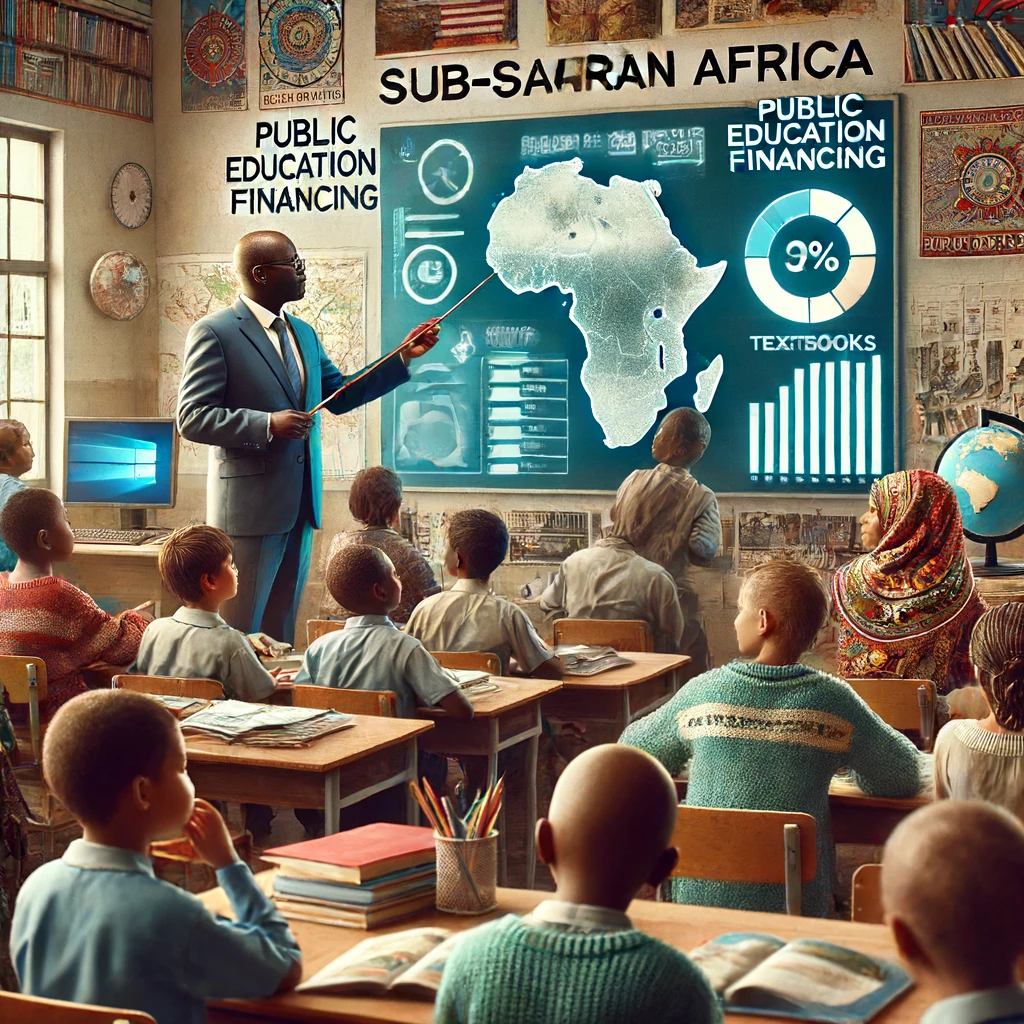South Africa has officially accepted the 2025 Presidency of the G20 Education Working Group, placing the nation at the forefront of the global educational agenda for the coming year. Basic Education Minister Siviwe Gwarube announced the country's priorities during a recent press briefing, following her visit to Fortaleza, Brazil, where she received the handover on behalf of South Africa.
The 2025 agenda, under the theme “Educational Professionals for Solidarity, Equality and Sustainable Development,” will focus on preparing young people for the Fourth Industrial Revolution (4IR) by emphasizing critical skills in artificial intelligence (AI), robotics, and other emerging technologies. Minister Gwarube highlighted the need for an adaptable education system that aligns with the rapidly evolving technological landscape.
“This is a historic moment for South Africa, allowing us to drive a global education agenda that supports economic growth, and social equity, and prepares a future-ready workforce,” said Gwarube. “Our presidency will advocate for inclusive and equitable education, with a particular emphasis on empowering young people for a world increasingly driven by digital and technological proficiency.”
Strategic Priorities for South Africa’s G20 Education Working Group Leadership
Minister Gwarube outlined the three main priorities for South Africa’s presidency:
Quality Foundational Learning: Ensuring all students achieve solid foundational skills in literacy and numeracy.
Mutual Recognition of Qualifications: Streamlining qualifications across borders, making it easier for learners to study and work internationally.
Training Educators for a Technologically Advanced Future: Preparing educators to equip students with skills in AI, robotics, and digital literacy, essential for 4IR and sustainable economic growth.
These priorities reflect the G20’s commitment to addressing educational gaps in developing nations, ensuring that education systems are inclusive, future-ready, and capable of preparing students for the opportunities and challenges of an AI-driven world.
“Our role is both a responsibility and a tremendous opportunity for South Africa. We are committed to advancing accessible and transformative education that empowers individuals, strengthens communities, and drives sustainable development,” Gwarube explained, adding that the G20 platform provides a unique opportunity to foster global cooperation and share resources, best practices, and innovations to support education across borders.
Strengthening Global Partnerships and Supporting Developing Nations
A key component of South Africa’s agenda will be to amplify the voices of developing nations, ensuring that the G20 Education Agenda is inclusive of the unique challenges faced by resource-constrained regions. Gwarube emphasized that the presidency aims to establish an educational framework that aligns with the aspirations of learners worldwide, particularly those from underprivileged backgrounds.
“By addressing the needs of developing nations, we can create an educational model that leaves no learner behind, supporting digital and technological education for every child,” Gwarube stated. She further noted that through the G20 platform, South Africa hopes to inspire a global movement that prioritizes the growth, safety, and well-being of all children.
A Vision for a Future-Ready Workforce and Sustainable Development
As South Africa takes on the presidency of the G20 Education Working Group from December 1, 2024, to November 30, 2025, Gwarube stressed the transformative role of education in shaping resilient societies, driving innovation, and building a sustainable future. “Education has the power to change lives, and through this leadership role, we are not only supporting South African learners but also contributing to a global effort that prepares learners worldwide for the demands of tomorrow,” she concluded.
The G20, comprising the world’s largest economies, convenes annually to discuss initiatives that influence global economic, political, and social policies. As the G20 Education Working Group’s 2025 leader, South Africa is positioned to champion educational reforms that foster international collaboration and help shape a future-ready global workforce.











